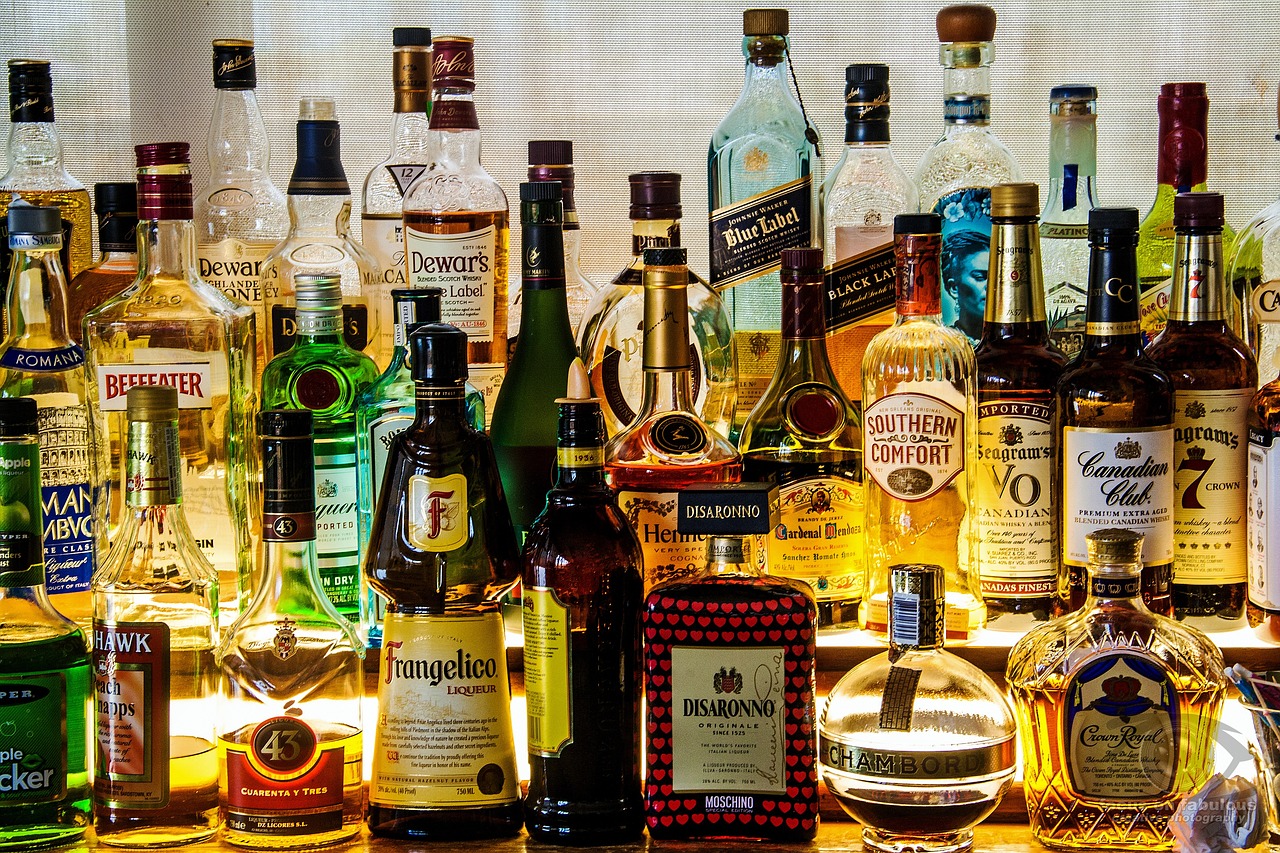
Up to 25 Spanish scientific and medical societies published a joint manifesto on Monday outlining priority actions to reduce the health effects of alcoholic beverages. They emphasize that “there is no level of consumption that is beneficial to health” and consider the terms “moderate consumption” or “responsible consumption” unacceptable.
The statement states: “No health professional should recommend the consumption of alcohol.” They suggest society promote the philosophy that, with regard to alcohol, “the lower the consumption, the greater the health benefits,” since there is no safe threshold for consuming this substance.
“Although total abstinence from alcohol is not an immediately achievable goal for the entire population, it is essential in certain groups and situations: for minors, young people, during pregnancy and parenthood, and for people who drive vehicles. In these cases, total abstinence must be a non-negotiable public health goal,” they emphasize.
First, they call for alcohol taxes to be aligned with the European average to reduce consumption, especially among minors and vulnerable populations. They point out that this tax should consist of two components: a linear tax on all alcoholic beverages (minimum price per unit) and an additional tax proportional to the alcohol content.
Furthermore, they call for strict regulation of advertising, promotion, and direct or indirect sponsorship of alcoholic beverages in conventional and digital media, especially by “incentivized influencers.” This applies especially in educational and sports venues, as well as other spaces where minors are present. They warn: “0.0 drinks should also be included in this regulation, as they encourage the consumption of alcoholic beverages and can serve as a gateway for people who should not consume alcohol.”
They also call for the development of labeling for alcoholic beverages that includes information on energy content, nutritional profile, risks for minors and pregnant women, the dangers of driving, and general health risks, including certain types of cancer. “This labeling is based on scientific evidence to reduce alcohol consumption and protect citizens from manipulation by commercial interests in production, distribution, and marketing. Consumers have the right to this information in order to make informed decisions,” they emphasize.
The health associations also call for greater monitoring of alcohol consumption while driving and appeal to municipalities to comply with their own regulations in this regard. “Fines for this behavior could also be replaced by access to alcohol education programs. Monitoring of alcohol consumption while driving should be increased with the goal of 0.0 per mille,” they emphasize.
They also consider it essential to strictly regulate points of sale, opening hours, and accessibility, especially for minors. It is important to regulate the display of alcoholic beverages in shops and supermarkets. Furthermore, 2×1 offers and happy hours should be banned in the hospitality industry. Likewise, it is necessary to prevent the online distribution of prizes and raffles aimed at young people and to prohibit the sale of drinks for children that imitate alcoholic beverages.
Finally, they consider it necessary to implement educational programs to prevent alcohol consumption that are validated in school populations and involve family participation. They also call for improved health and social care through scientific societies and health administrations, as well as continuous training in health professionals.
Finally, they conclude that “it is essential to fund research programs aimed at preventing alcohol-related problems, translating their findings into evidence-based policy measures, and evaluating the health impact of these measures.”



